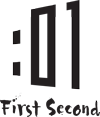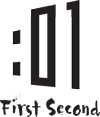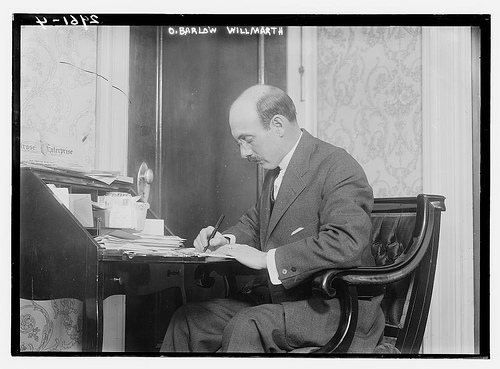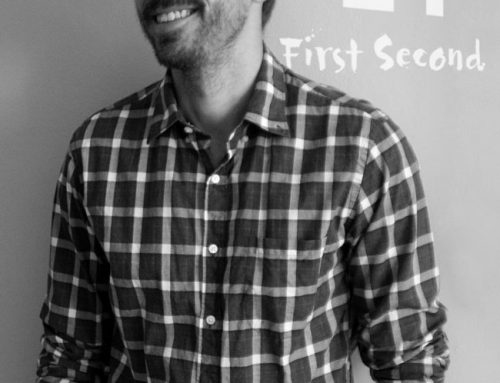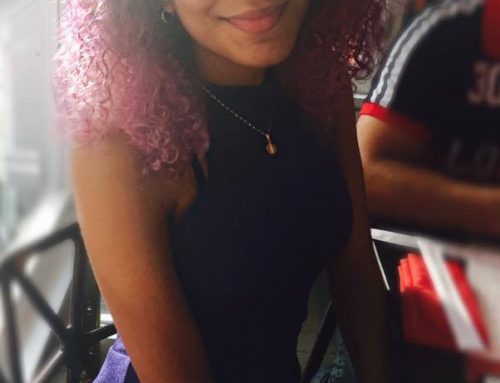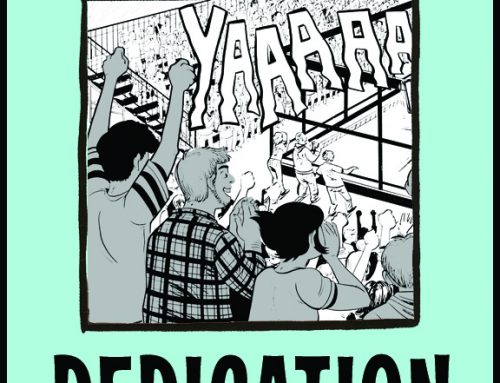test heading
(from the Library of Congress; O. Barlow Willmarth was not a publisher, but presumably radium miners are also only human)
I was just reading Faith Erin Hicks’ recent post about how when she was just starting out making comics, people in the industry frequently actively discouraged her from pursuing this career. Obviously we are exceedingly glad that she has not been discouraged from her career, as we are enjoying publishing her graphic novels, Friends With Boys and Nothing Can Possibly Go Wrong (both of which are excellent and you should read).
And this brings me to the topic of today’s post: people are only human, even when they’re publishers. (We tried being aliens for a brief period, but there was too much slime involved for our paper-heavy jobs, so we gave it up.)
We have these jobs in publishing here at First Second, which means that we spend a significant period of our time trying to be good at our jobs, and understand the industry of publishing well, and figure out how best to acquire and edit and promote the books we decide to work on. What this means is that if you have a decision between us as a publisher and some random dude on the street who spends her time being a bricklayer and has never thought about what goes into the process of publishing books in her life, probably we will automatically be a better choice of a person to be publishing your book tomorrow.
In fact, our jobs in graphic novel publishing here at First Second even mean that if you are a comics-making person and have a decision between us as a publisher and someone like the Crown Publishing Group, which to my knowledge has never published a graphic novel in their lives, probably we will automatically be a better choice of a person to be publishing your graphic novel tomorrow.
But despite being better at our jobs than inexperienced bricklayers would be, we’re still very fallible. Sometimes we make decisions when we’re tired; when we’ve got a cold; when it’s late at night; when we’ve had too much caffeine (or not enough); when we’ve already been working for ten hours that day; when there’s some other part of our lives that’s making us unhappy or angry or excited and it’s hijacking our judgment. Obviously we do our best to make good decisions, and to be conscious of outside factors that could be influencing us and take those into account, but hey. We’re only human.
What this means is, you could have your book rejected twenty-six times by all the publishers in New York City and still go on (like Madeleine L’Engle and A Wrinkle in Time) to get published and win the Newbery Award. You could have your book rejected by twelve different publishers and still go on (like J.K. Rowling’s Harry Potter and the Sorcerer’s Stone) to be an international best-seller.
This also means that you have to be the first advocate for your book, even with your publisher. You’re the one who knows your own work best, and if you think this is the right publisher or the right color choice or the right flap copy or the right copy-editing choice, it’s your responsibility as an author to speak up and say, ‘let’s look at this again, I feel strongly about it.’ Obviously, your publisher might write back and say something like, ‘dear author, we cannot change our company e-book policy just for you,’ but they might also write back and say, ‘dear author, we can re-write this flap copy.’
If you’re doing work you love and that you care about and believe in and are willing to put the effort into, but publishers aren’t lining up for it, try putting it online or self-publishing it, and growing the audience that way. If you have numbers from self-published materials that proves to publishers that they’re losing money by not working with you, it’ll be a lot easier to get them to work with you.
And sometimes getting that initial ‘no’ from a publisher doesn’t mean that you should go pursue a career being a stunt rider in the rodeo; it just means that you need to try again (and possibly again and again and again and again) until you find an editor and a publisher whose taste better matches your own.
Being only human makes it easier for authors to burn us publishers in effigy, too, of course — no extraneous limbs or tentacles!
